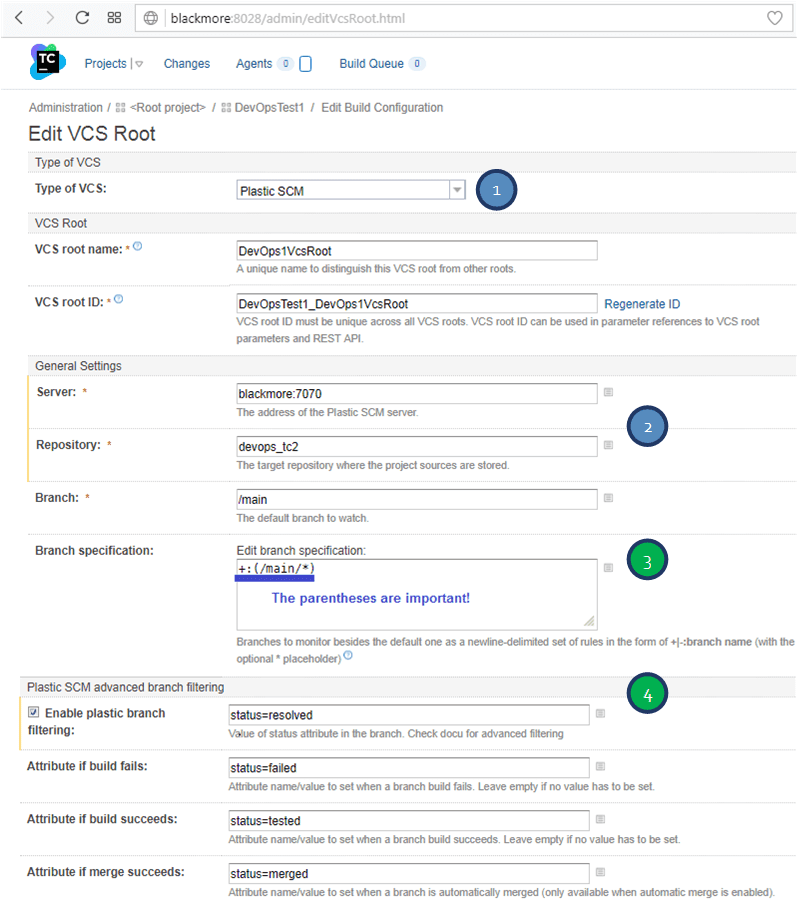

- #Teamcity versions software
- #Teamcity versions code
- #Teamcity versions professional
- #Teamcity versions free
TeamCity offers professional support services, whereas support for Jenkins mostly comes from the community and online resources, though third party companies offer Jenkins-specific professional services. One potential answer to that question might be because your organization lacks the manpower, knowledge or capability to organize and manage a Jenkins solution. For this reason, smaller companies may want to approach CI from a "why wouldn't we use Jenkins" perspective.
#Teamcity versions free
Pricing is 50% off for startups and free for open source projects.Īs we've mentioned, Jenkins is open source, under the MIT license, and as such can be downloaded and used for free. TeamCity Enterprise allows for an unlimited number of build configurations and licenses start at $1999 for 3 build agents, scaling up to 100 agents for $21,999. Additional build agent licenses can be purchased for $299 and includes one additional build agent and ten additional build configurations. TeamCity Professional is free for 100 build configurations and three build agents.

TeamCity offers two versions of its CI product. NET, and Java as well as first class Docker support. Good news for TeamCity, who wouldn't be able to compete if they didn't offer most of the same capabilities as their open source counterpart but does supports different platforms such as Ruby. TeamCity may not be exactly matched with Jenkins when it comes to the capability set, but the differences are small and TeamCity will serve most CI operations just as well. Jenkins leads the way for CI, as it has for some time, so its feature set is quite rich, offering many different ways to achieve both CI and continuous delivery. Really, both of these are quite capable products. Update, Friday May 13th: Jenkins 2.0 has improved the user interface significantly.
#Teamcity versions software
But like many feature rich, open source software projects, Jenkins gets a reputation for having a difficult setup and configuration process, which is the gap TeamCity tries to fill with its commercial offering. If you're considering CI, you're considering Jenkins. (Example of the Jenkins 2.0 interface, Stage View. Both offer great support and documentations but again there are differences in depth and quality. In our comparison, we'll show you how they stack up and discuss some of their similarities, differences and what makes each a good fit for different environments. This is because Jenkins is an open source project while TeamCity is a proprietary offering from JetBrains. While both tools cover much of the same ground, they do so in different ways.

That way, everyone can push to production while the process of building, running tests and deploying is done automatically so they can focus on the next feature or bug fix. Each team member gets immediate feedback about the production readiness of their code, even if they just changed a single line.
#Teamcity versions code
TeamCity and Jenkins are CI tools that allow developers to integrate code branches during the development process and run a series of automated tests against them. Instead of pushing once a quarter, continuous integration, continuous delivery and testing make go-live another simple routine deployment. The more you can build and test during development, the less software engineers have to worry about pushing to production. The logic behind this is simple but only came in response to problems in the traditional deployment cycle. With continuous integration, teams compile software and run it through a series of tests that mimic the production environment to ensure a successful build when pushed to production. Continuous integration is often combined with continuous delivery to achieve faster and more stable build processes with automation. That's TeamCity vs Jenkins in short but continue reading for a deep dive into continuous integration and why more and more software development teams are using these tools to speed up their release cycle.Ĭontinuous integration, source control and build management are formative concepts behind DevOps, driven by the need to regularly integrate new and change code in the master repository of version control systems like Github or Atlassian's Bitbucket. TeamCity is easier to configure and more straightforward to use, while Jenkins has a rich plugin ecosystem and integrations. Jenkins is an open source continuous integration tool, while TeamCity is a proprietary offering from JetBrains.


 0 kommentar(er)
0 kommentar(er)
